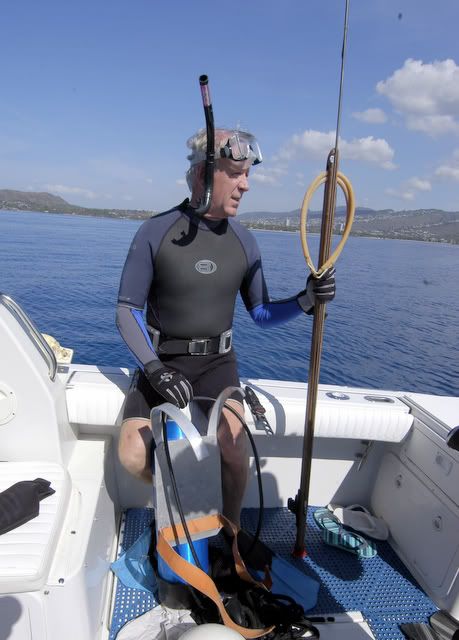Something that has always bothered me, is that many PADI dive shops circulate the exams behind the scenes. I've known Instructors that can't calculate a 15% tip....if you know what I mean. But hey, you work in the shop, the exam is right there in a file. I couldnt figure out for a while, how some stoner/doofuses were getting 100% on the physics. They memorize the actual questions. Switch variables around, they are helpless.
I guess I'll get kicked off the board now

It's a buisness to sell, who are we kidding? Does NAUI sell materials on the same scale?
I personally think that PADI is more than adequate for recreational divers, because at some point, people understand the forces at play and figure out for themselves "if I don't do this correctly, I could end up in real trouble"
The PADI model is to keep the open water divers buying.....having tough instructors that occasionally reject paying customers doesn't keep that model optimized. You can't be "the way the world dives" AND have the highest standards. Is that bad? I don't think so, more people introduced to the ocean is almost always good. Some people want diving to be elite, and it doesn't need to be, at the entry level. I do think operators take unfit divers to sites that are over their abilty, too deep, too much current, etc.
That is for the diver to figure out, if he wants to survive.
In some ways, the more you enforce standards, the less people think for themselves. All those "trust divers" are where things fall apart in the water.
 But seriously does it really matter what standard is used if you have a good instructor? My only beef with PADI is that they introduced crash course weekend certifications, which has kind of lowered the bar in terms of diving competency for certification.
But seriously does it really matter what standard is used if you have a good instructor? My only beef with PADI is that they introduced crash course weekend certifications, which has kind of lowered the bar in terms of diving competency for certification.




